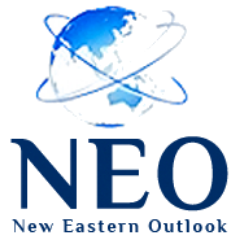Indonesia Opens up New Horizons for Iran in Southeast Asia
On July 24, 2016, Laos hosted a meeting of Foreign Ministers of the ASEAN member states. At the closing of the meeting, the Islamic Republic of Iran acceded to the organization. Several days later, on July 29, a meeting between Iranian Deputy Foreign Minister for Asia and Pacific Affairs Ibrahim Rahimpour and Indonesian Foreign Minister Retno Marsudi was held in the Indonesian capital Jakarta.
